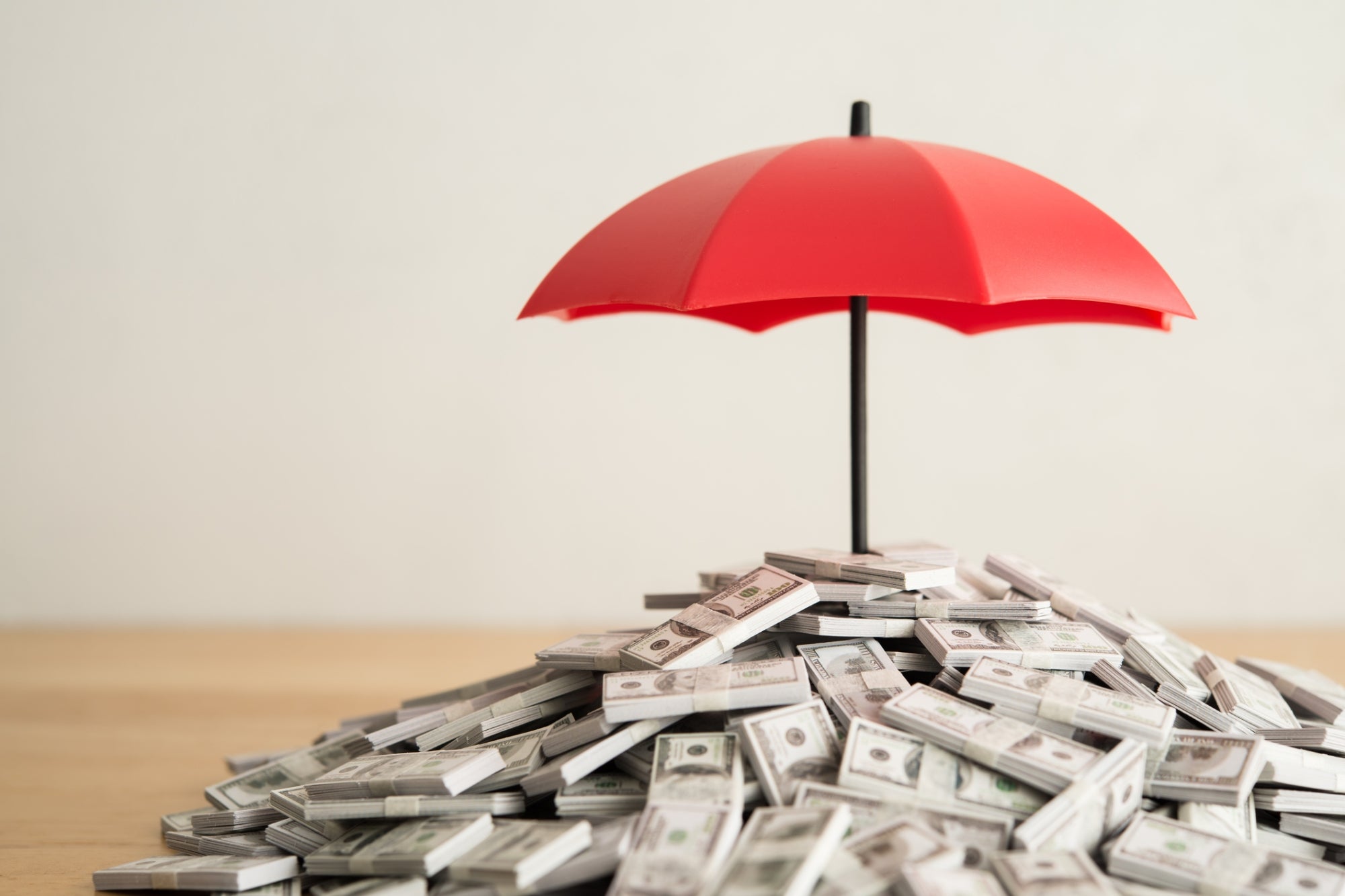Afraid of Sharks? No Problem. Just Check Twitter. Scientists in Western Australia have outfitted more than 320 sharks with transmitters that trigger warning tweets when they arrive within one kilometer of popular beaches.
By Geoff Weiss
Opinions expressed by BIZ Experiences contributors are their own.
Status updates? Check. Food pictures and goofy selfies? Check and check. This is all social media as usual. But scientists in one part of the world are using social media in a way that you probably would never expect.
With shark attacks looming ominously over the collective mindset thanks to films like Blackfish -- and even Sharknado -- scientists in Western Australia are relying on a new tool to ensure the safety of local beach dwellers: Twitter.
Scientists have outfitted more than 320 sharks -- including great whites -- with transmitters that monitor their whereabouts. Accordingly, if a tagged shark comes within one kilometer of a beach, a computer is triggered to tweet a warning via the account of Surf Life Saving Western Australia (@SLSWA), a not-for-profit beach safety agency. It has roughly 31,000 followers on Twitter so far.
Tweets, like this one from earlier in the week, can provide the approximate size, breed and location of each shark in question, as well as the direction in which it is headed and the time at which it is sighted:
Fisheries reports sighting of a 2 metre shark sighted 25metres of the beach near the old jetty heading north at Jurien Bay.
— Surf Life Saving WA (@SLSWA) January 22, 2014Tweeting, it turns out, can be a far superior means of warning in comparison to traditional mediums like local radio and newspapers, SLSWA's Chris Peck told Sky News. "You might not have got some of that information until the following day in which case the hazard has long gone and the information might not be relevant."
In addition to their safety benefit, the acoustic tags -- which tout a battery life of up to 10 years -- also enable scientists to study shark movement and behavior.
Turning to Twitter is just one of the many pioneering ways that Australia is hoping to address its newly-reported designation as the world's deadliest place for shark attacks.
The government has also announced -- to the outrage of environmentalists -- a controversial program whereby sharks will be baited with hooks attached to flotation devices near eight popular beaches, upon which professional fishermen have been contracted to kill any creature larger than three meters. Ouch.
OK, this isn't as cool as sharks with laser beams attached to their heads, but when it comes to using social media creatively, it doesn't get any better than this.
What crazy apps and gadgets have you come across lately? Let us know by emailing us at FarOutTech@entrepreneur.com or by telling us in the comments below.











